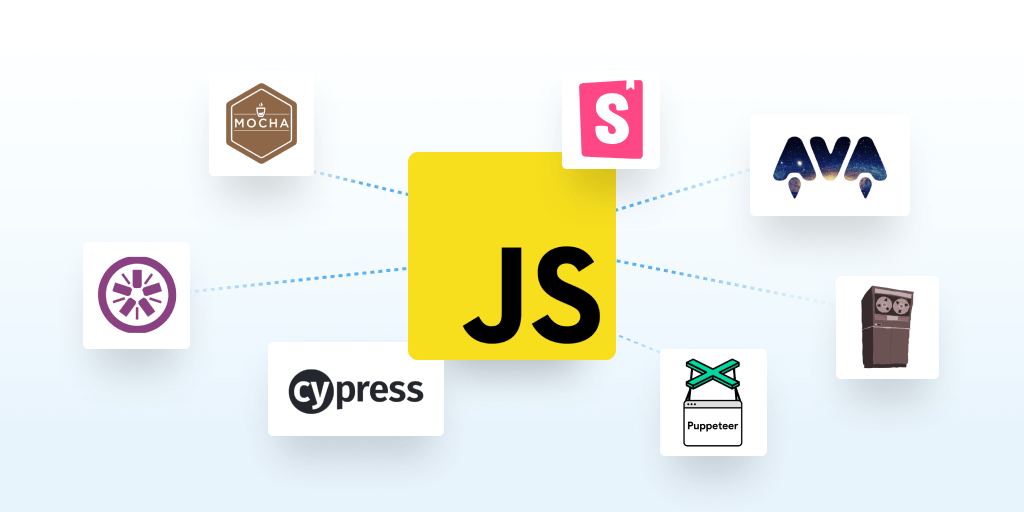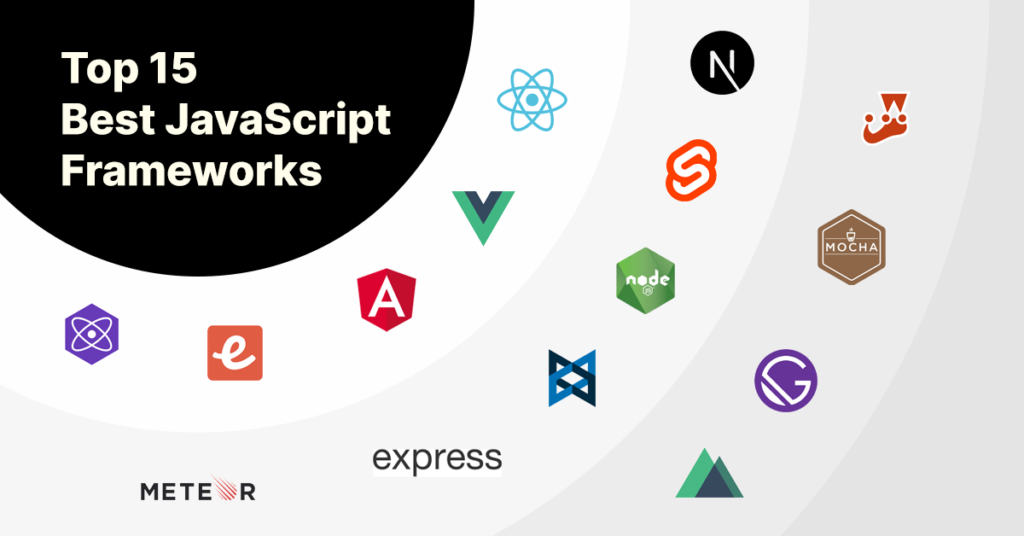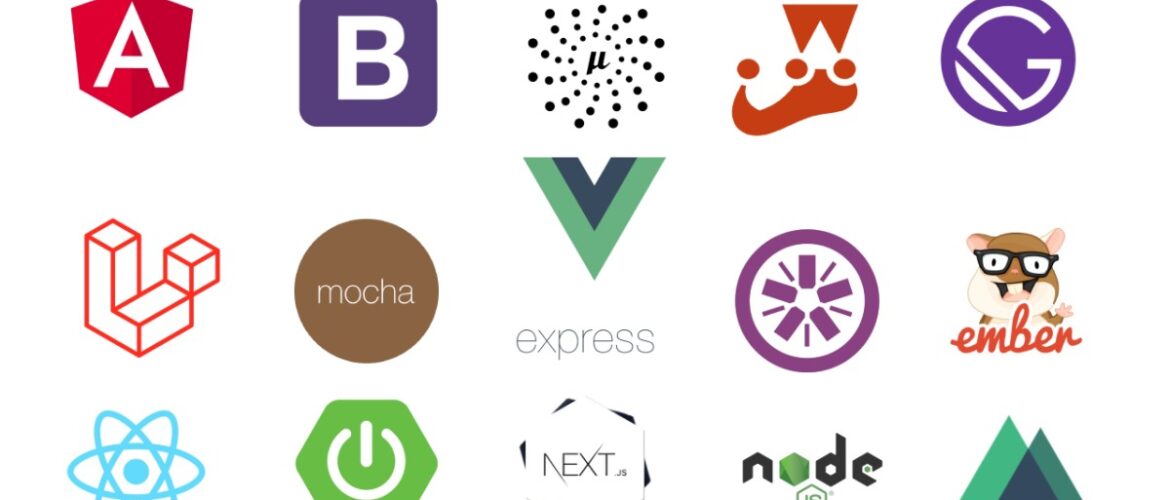From Challenges to Champions: JavaScript Frameworks Tackle Cross-Platform Head-On
In the ever-evolving landscape of web development, JavaScript frameworks have emerged as powerful tools for building cross-platform applications. These frameworks provide a robust foundation and a plethora of features that enable developers to create seamless user experiences across various devices and platforms. However, the journey from challenges to champions for JavaScript frameworks in the cross-platform arena has been paved with its own set of hurdles.

From Challenges to Champions : The Challenges of Cross-Platform Development
Developing applications for multiple platforms poses a unique set of challenges. Some of the key obstacles include:
- Platform-specific considerations: Each platform has its own quirks and nuances that need to be taken into account during development. This can lead to increased complexity and development time.
- User interface inconsistencies: Ensuring a consistent user interface across different platforms can be difficult, especially when dealing with diverse screen sizes and resolutions.
- Performance considerations: Performance can vary significantly between different devices and platforms. Developers need to carefully optimize their applications to ensure a smooth user experience on all devices.
From Challenges to Champions: How JavaScript Frameworks Rise to the Challenge
JavaScript frameworks have emerged as superheroes in the cross-platform development scene by effectively addressing these challenges. Some of the ways they do this include:
- Abstraction: Frameworks like React Native and Flutter abstract away the underlying platform differences, allowing developers to write code that is platform-agnostic. This simplifies development and reduces the need for platform-specific knowledge.
- Declarative programming: Frameworks like Vue.js and Angular use a declarative programming paradigm, which makes it easier to maintain a consistent user interface across different platforms.
- Components and widgets: Frameworks provide a rich set of pre-built components and widgets that can be used to build user interfaces quickly and efficiently. These components are often platform-agnostic, further simplifying development.
- Performance optimization: Frameworks are constantly being optimized for performance, and they often include built-in features that help developers optimize their applications for different devices and platforms.

From Challenges to Champions: The Rise of Cross-Platform Champions
Several JavaScript frameworks have emerged as champions in the cross-platform development arena. Some of the most popular and successful frameworks include:
- React Native: Developed by Facebook, React Native is a popular framework for building native-looking mobile applications using JavaScript. It has a large community and a wide range of libraries and tools available.
- Flutter: Developed by Google, Flutter is another popular framework for building native-looking mobile applications. It is known for its fast development cycles and its ability to create beautiful user interfaces.
- Ionic: Ionic is a popular framework for building hybrid mobile applications. Hybrid applications are web applications that are packaged into native app shells, allowing them to access native device features.
- Xamarin: Xamarin is a popular framework for building native mobile applications using C#. It allows developers to leverage their existing C# knowledge to build Android and iOS applications.
From Challenges to Champions: Conclusion
JavaScript frameworks have come a long way in tackling the challenges of cross-platform development. They have made it possible for developers to build high-quality applications that run seamlessly on a variety of devices and platforms. As these frameworks continue to evolve and mature, we can expect to see even more impressive cross-platform applications being built in the future.





Leave A Comment